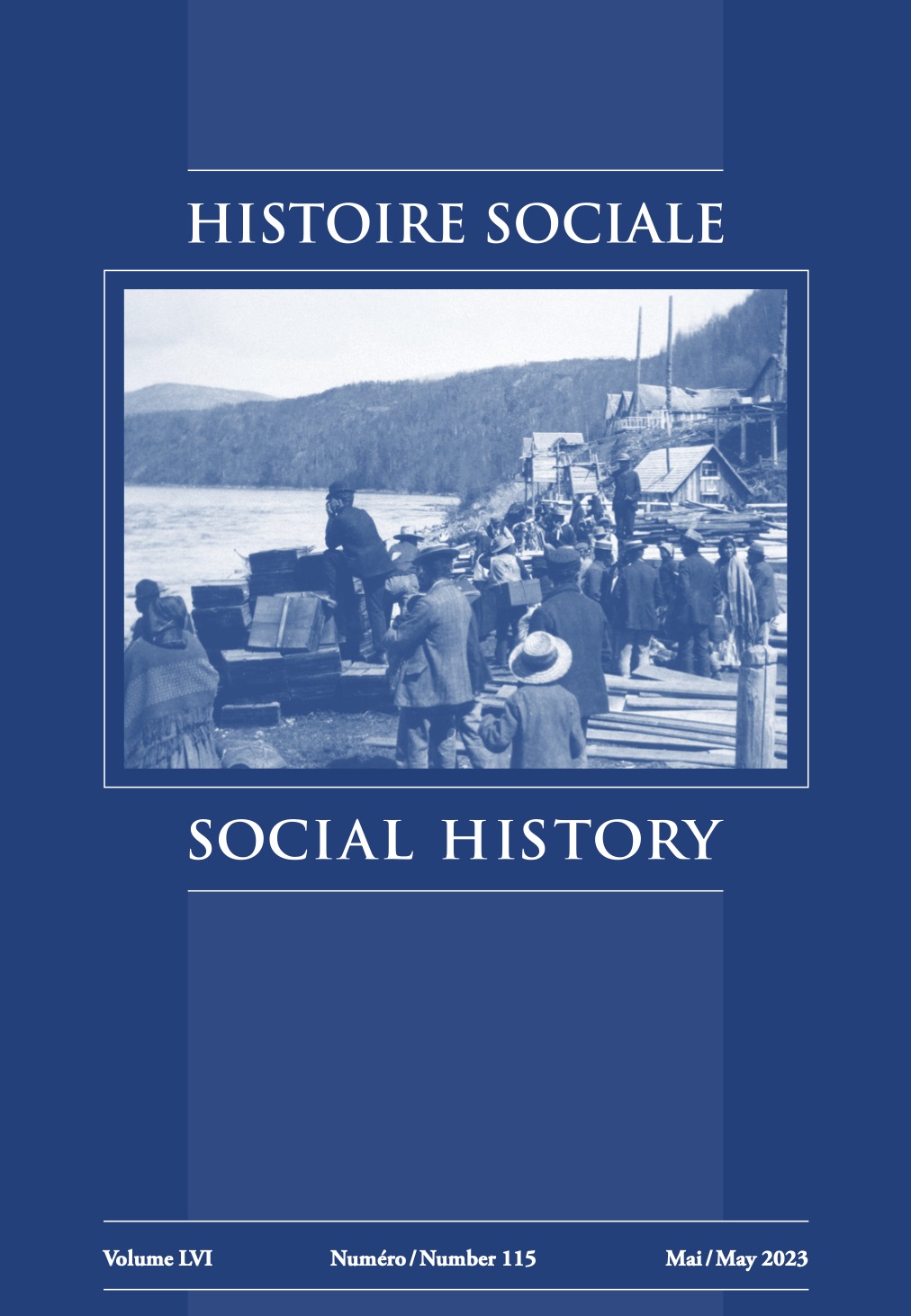“We want action now”: Indigenous Spirituality, Prison Activism, and Social Movement Mobilization
Abstract
In mid-March 1983, two Indigenous men began a spiritual fast at Kent prison near Agassiz, British Columbia, protesting the prison’s unwillingness to provide access to significant spiritual items. Soon, other outside communities including legal teams, Indigenous women’s organizations, prison justice advocates, feminists, and anarchists got involved as well. Using the Kent incident in 1983 as a launch point, this article considers how and why Indigenous spirituality became such a significant factor in shaping prison activism in these years. We suggest that Indigenous spirituality had the power to draw together and focus a wide range of political activism rooted in both Indigenous and non-Indigenous communities. What happened at Kent was a continuation of social movement activism that stretched back to the 1960s. Understanding those connections not only explains why the events took place at Kent as they did, but also helps to bring into focus a wider cast of characters who were involved in furthering activism around Indigenous spirituality.


